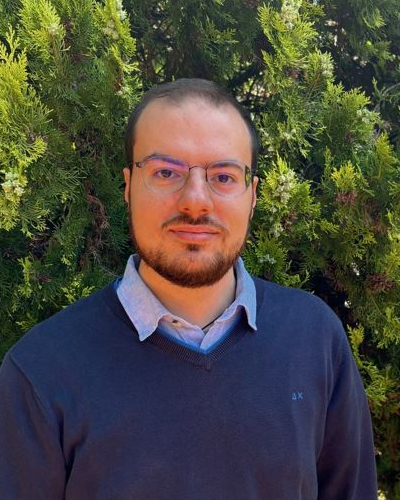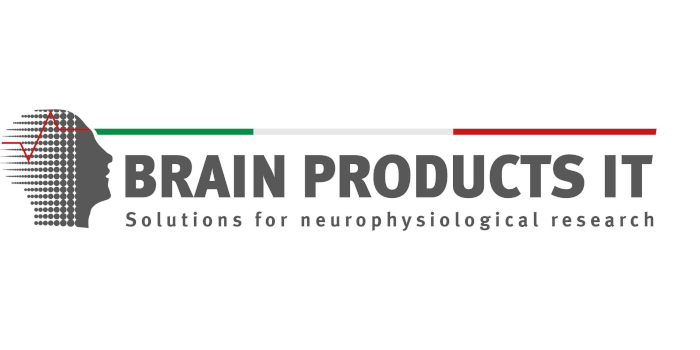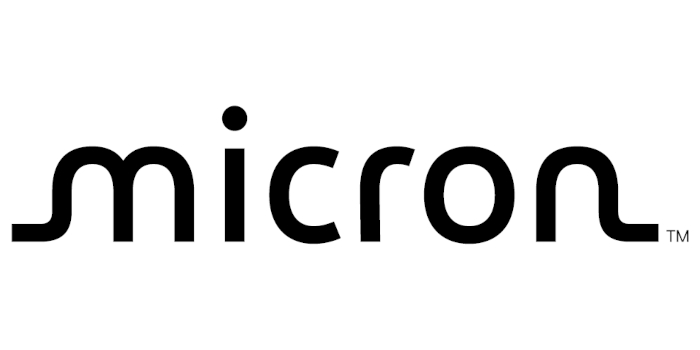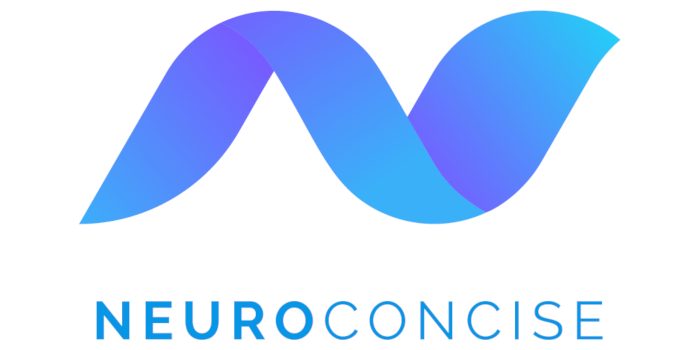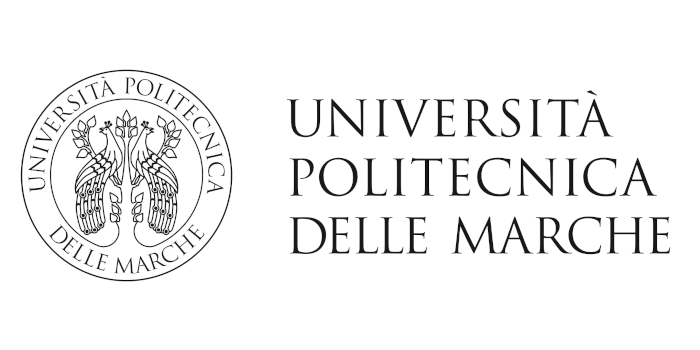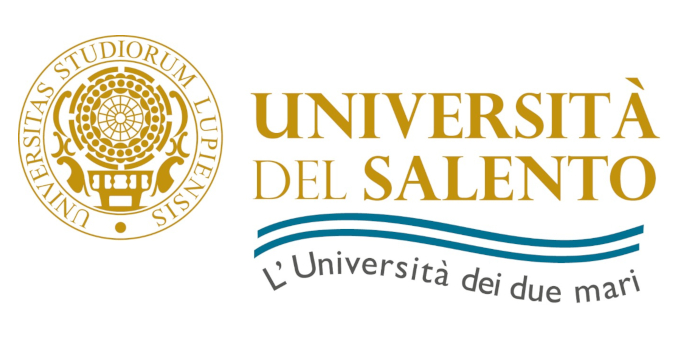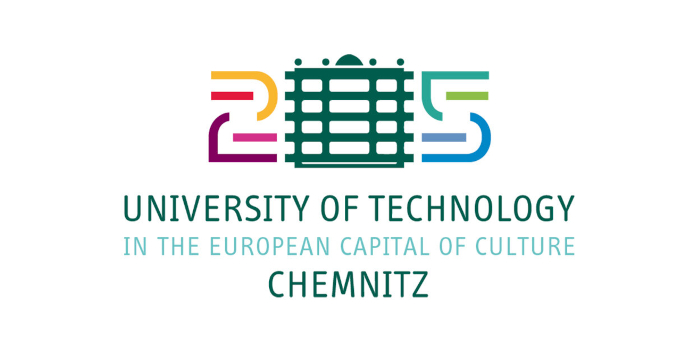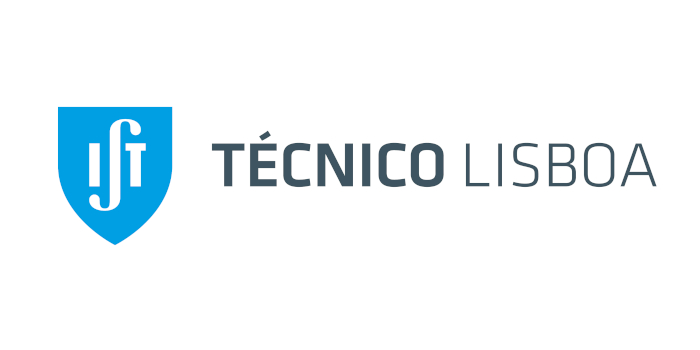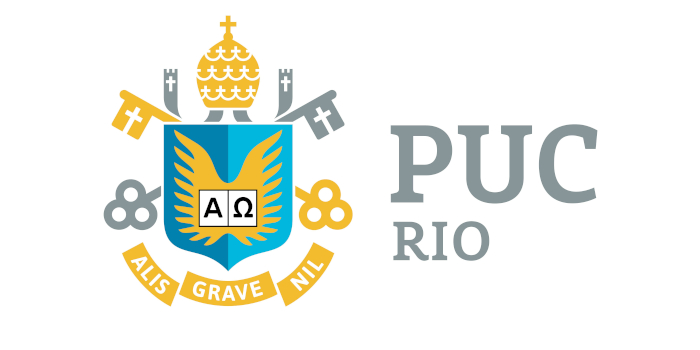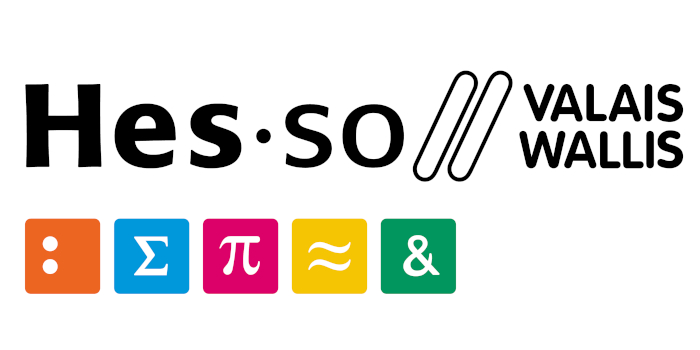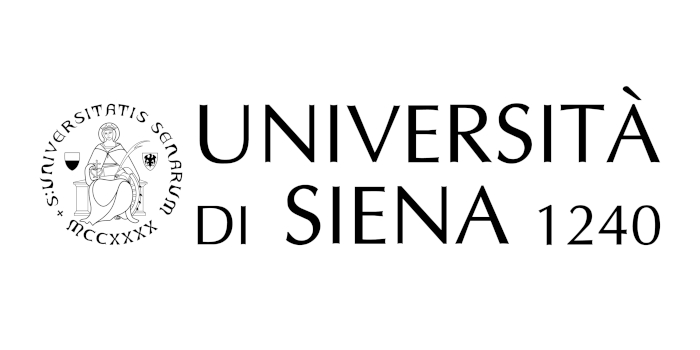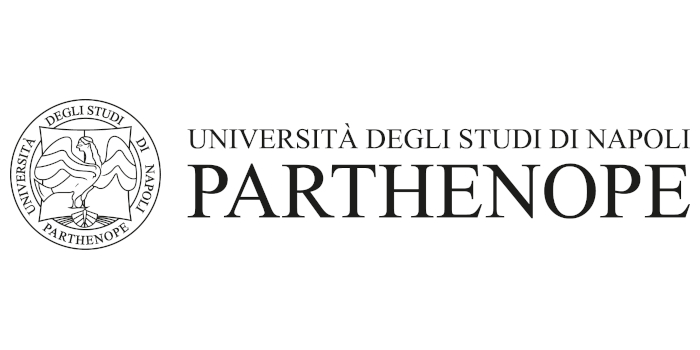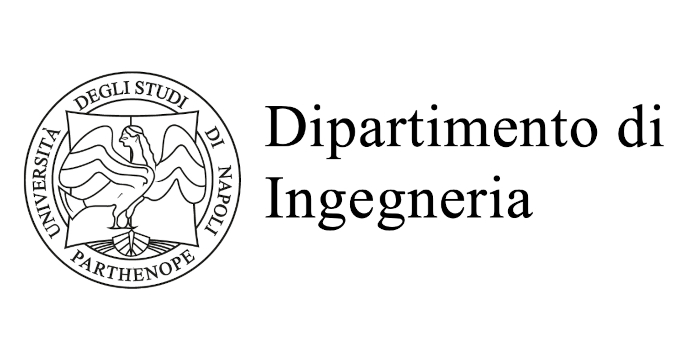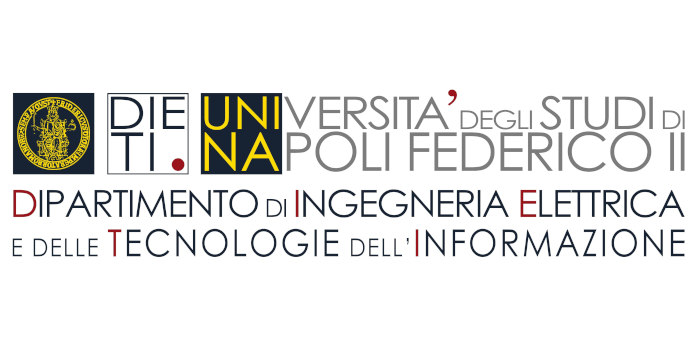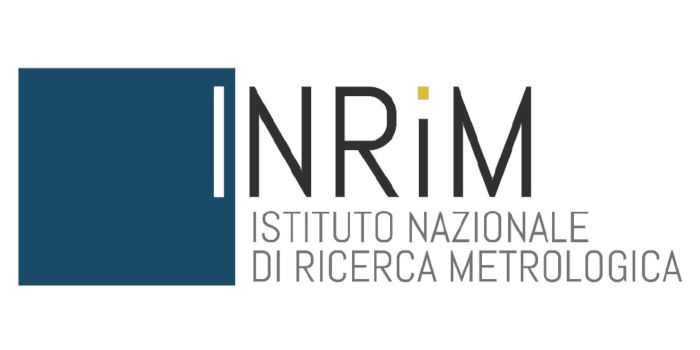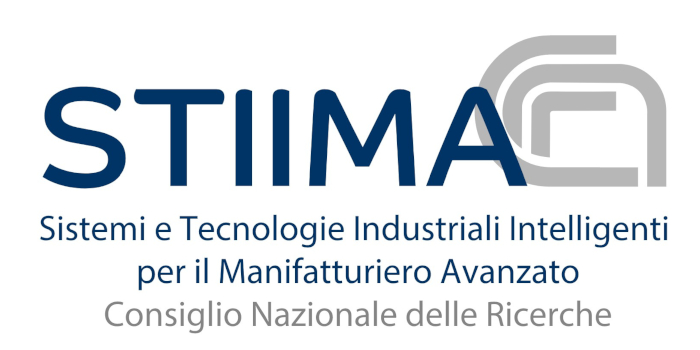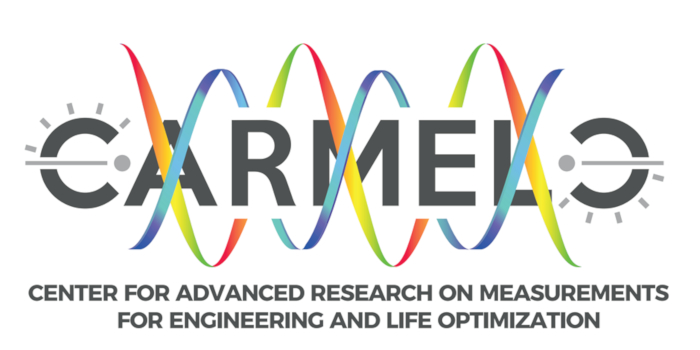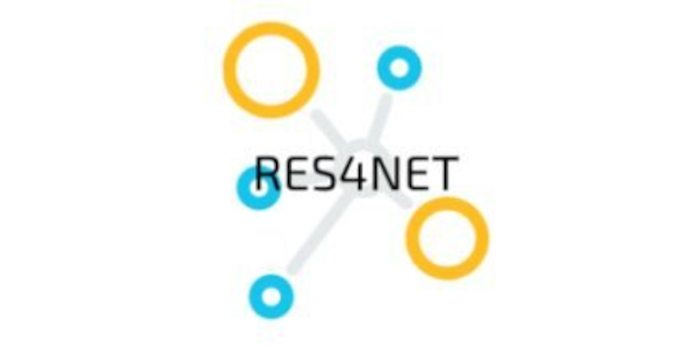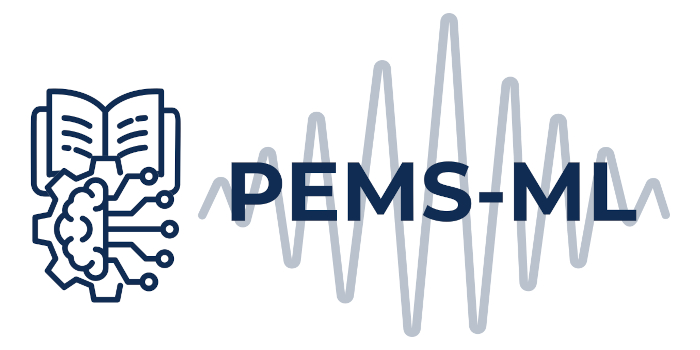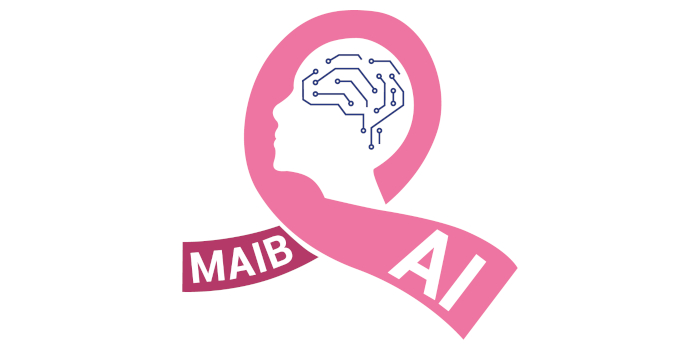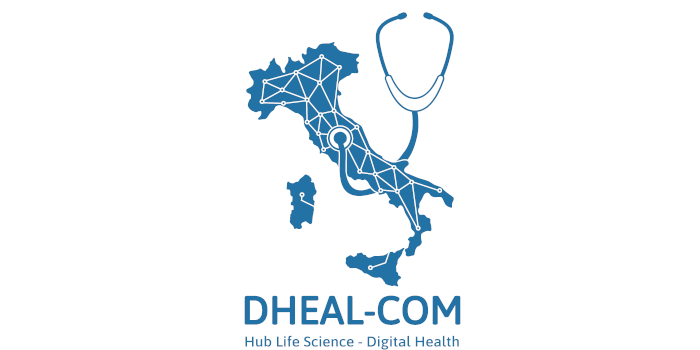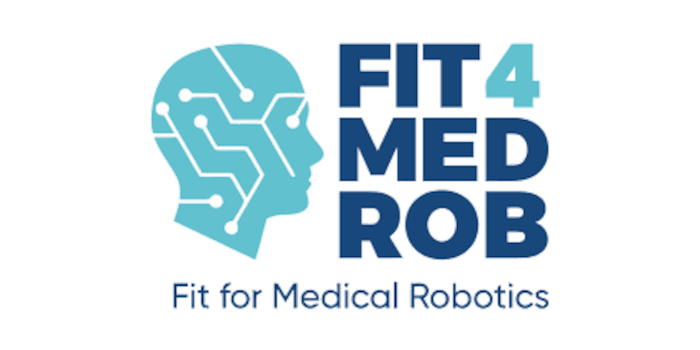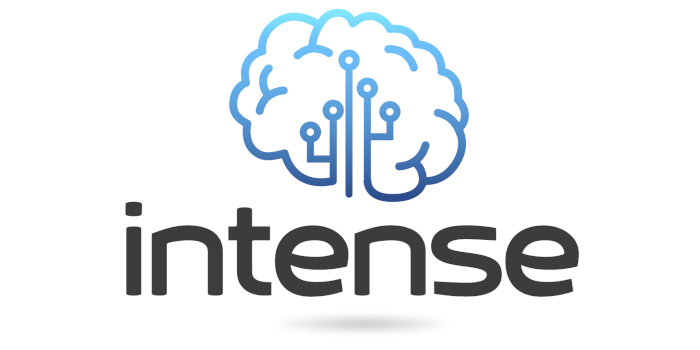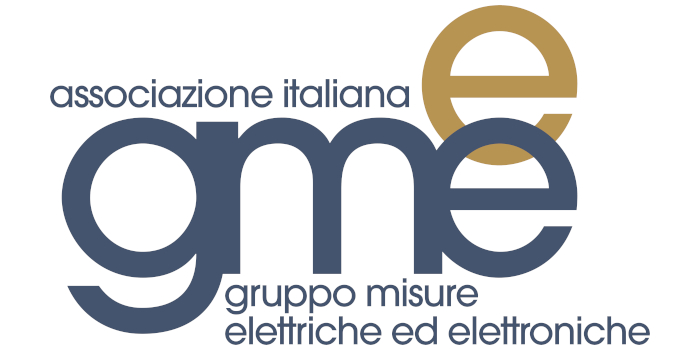THEMATIC SESSION #9
Emerging Technologies for Health Monitoring and Personalized Medicine
ORGANIZED BY
Gianluca Rho
Department of Information Engineering, University of Pisa, Italy
Paolo Piaggi
Department of Information Engineering, University of Pisa, Italy
Giulio Pisaneschi
Department of Information Engineering, University of Pisa, Italy
ABSTRACT
The accurate monitoring of physiological parameters through minimally-invasive and, more specifically, wearable solutions, is gaining lots of popularity for promoting health, treating diseases, and enhancing physical performance. This thematic session invites contributions from diverse fields that explore cutting-edge technologies, methodologies, and integrative approaches for monitoring and managing health parameters in both clinical and everyday settings. We encourage submissions that focus on emerging trends in wearable devices, remote health monitoring systems, and data-driven solutions that improve real-time health management. This includes interdisciplinary research in signal processing, AI-based algorithms, advanced sensor development, and integrative systems for personalized care.
The session will cover a broad range of applications, from clinical contexts, where precise monitoring is essential for personalized health interventions and disease management, to typical uses in fitness and sports, where data can optimize performance and general well-being. Contributions may include, but are not limited to, wearable sensors and non-invasive measurement techniques applied to personalized medicine, signal processing and AI algorithms for accurate estimation of health-related parameters and prediction of physiological and pathological states.
By fostering interdisciplinary research, this session aims to highlight how emerging technologies can provide new opportunities for both clinicians and everyday users. The ultimate goal is to facilitate smarter, more efficient, and personalized health management strategies, that help individuals and healthcare professionals better monitor and respond to physiological activity.
TOPICS
Topics of interest for this Thematic Session include (but are not limited to):
- Wearable Technologies for Real-Time Health Monitoring;
- Sensor Fusion for Comprehensive Assessment of Health Parameters;
- AI-driven Decision Support Systems for Disease Management;
- Innovations in Remote Monitoring of Physical Activity in Clinical Settings;
- Smart Health Devices for Fitness and Sports Optimization;
- Digital Twin Technologies for Personalized Health Simulations;
- Data Privacy and Security in Wearable Health Systems;
- Integration of Wearable Data into Electronic Health Records;
- Emerging Materials for Next-Generation Wearable Sensors;
- Behavioral and Psychological Insights from Wearable Device Data;
- Longitudinal Monitoring for Chronic Disease Management;
- Energy Harvesting and Power Optimization in Wearable Devices.
ABOUT THE ORGANIZERS
Gianluca Rho received his B.S., M.Sc., and Ph.D. degrees in Biomedical Engineering from University of Pisa in 2017, 2019, and 2023, respectively. He is currently a post-doctoral researcher of Biomedical Engineering at the Department of Information Engineering, University of Pisa.
His research primarily focuses on biomedical signal processing and modeling of EEG activity and connectivity, electrodermal activity, electrocardiography and photoplethysmography, wearable devices and their application for the estimation of relevant physiological parameters in the field of affective computing and personalized medicine.
In addition to his research, he is actively involved in teaching undergraduate and graduate courses in Biomedical Engineering at the University of Pisa, covering topics such as biomedical instrumentation, digital signal processing, and Android Java programming.
Paolo Piaggi received his B.S., M.Sc., and Ph.D. degrees in Biomedical Engineering from University of Pisa in 2006, 2008, and 2012, respectively. He is currently Associate Professor of Biomedical Engineering at the University of Pisa where he teaches courses of modeling and control of biological systems and biomedical instrumentation.
His research interests include modeling and identification of physiological systems, biomedical signal processing, technologies for human energy balance investigations, measurement techniques of human metabolism and physical activity, quantitative physiology and genetics of energy metabolism and substrate oxidation.
Giulio Pisaneschi received the BS degree in Electronic engineering and the MS degree in Robotics and automation engineering, both from the University of Pisa. He is currently a PhD student in Smart industry at the University of Pisa. His current research interests include mathematical modelling and optimal control in epidemiology and pandemic preparedness, quantum computing applied to smart grid optimization, biomedical signal processing, epistemology and cognitive sciences in social robotics.




